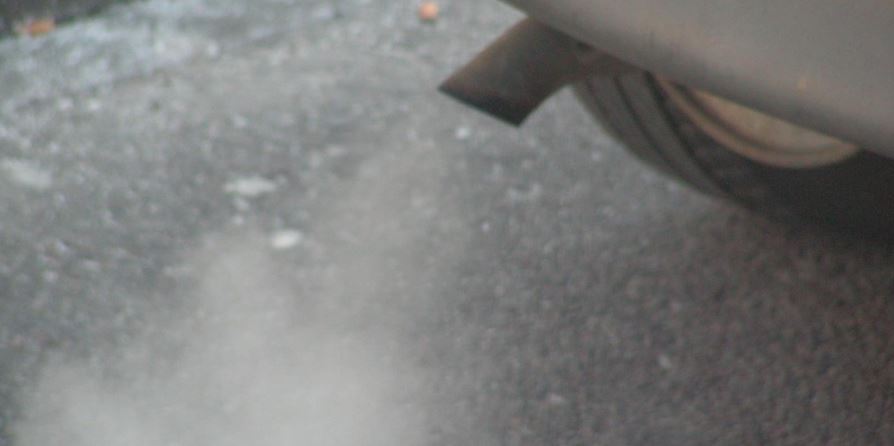An article from Imperial College London regarding a study published in the journal Thorax has highlighted the potential damage to your health that air pollution can cause, even as long as 30 years after exposure to it.

30 year old air pollution
These results come from one of the world’s longest running studies on air pollution by the MRC-PHE Centre for Environment and Health, from the results of 368,000 people in the UK after a 38 years.
The study estimates air pollution levels from the areas these participants lives during 1971, 1981, 1991 and 2001.
Lead author of the study; Dr Anna Hansell concluded:
“Our study found more recent exposures were more important for mortality risk than historic exposures, but we need to do more work on how air pollution affects health over a person’s entire lifetime.
“We were surprised to find pollution has effects on mortality that persist over three decades after exposure.”
According to the study, for every additional unit of pollution (a unit is 10 micrograms per cubic metre of air) that participants were exposed to in 1971 the risk of mortality in 2002 to 2009 increased 2%.
For every additional unit of pollution that participants were exposed to in 2001 the risk of mortality in 2002 to 2009 increased 24%.
“Dr Rebecca Ghosh, co-author of the study from the School of Public Health at Imperial, said “Putting this in context, an individual who lived in a higher polluted area in 1971 had a 14 per cent higher risk of dying in 2002 to 2009 than someone who had lived in a lower polluted area. An individual living in a higher polluted area in 2001 also had an increased risk of mortality of 14 per cent compared to someone in a low pollution area.” (From ICL)
This study is another reminder of the health affects from short or long term exposure to air pollution and how important it is for cities to clean up their acts.


